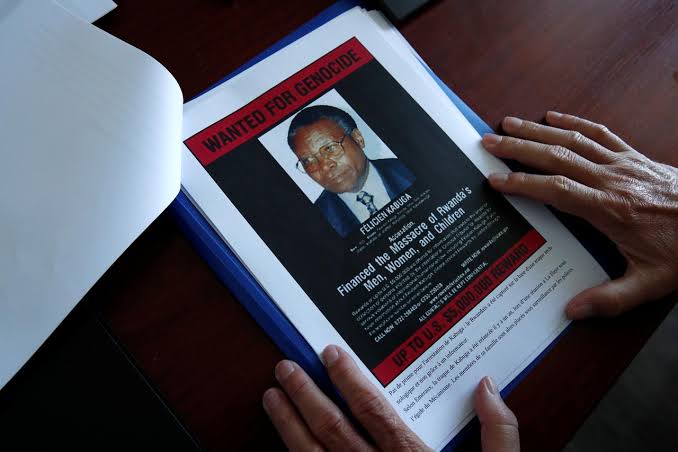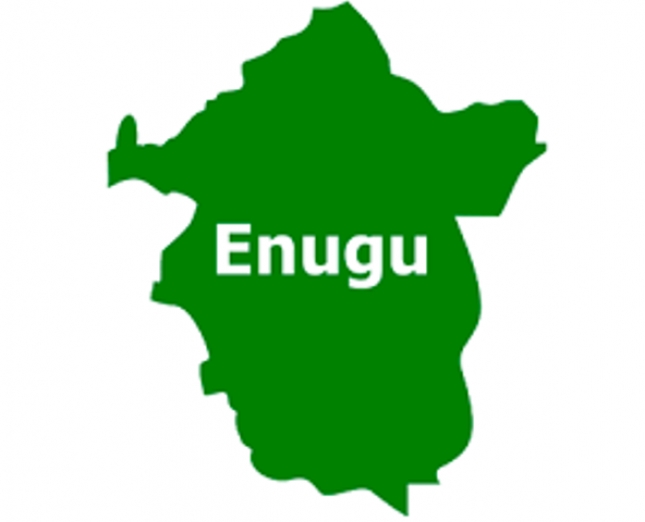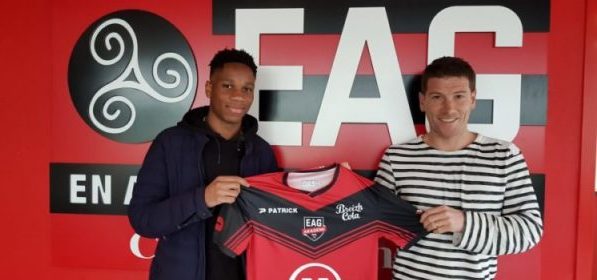Felicien Kabuga, accused of funding the 1994 Rwandan genocide, appeared before a French court on Wednesday, four days after his arrest following a quarter of a century on the run.
In his first appearance in public in more than two decades, the octogenarian was brought into the courtroom in a wheelchair, dressed in jeans and a blue jumper and wearing a face mask.
Kabuga has been indicted by UN prosecutors for genocide and incitement to commit genocide, among other charges.
He is accused of bankrolling and arming the ethnic Hutu militias which killed 800,000 Tutsis and moderate Hutus over 100 days.
Rwanda’s most wanted fugitive, he was arrested on Saturday in a Paris suburb.
The court’s three judges, who are due to decide whether to transfer Kabuga to the UN tribunal – adjourned the hearing to May 27.
Kabuga’s lawyers said he wanted a trial in France and accused the country’s chief public prosecutor of trying to rush the legal process.
“Mr. Kabuga is an old man, he’s tired and sick,” lawyer Laurent Bayon told the judges. “The prosecutor wants to be rid of Mr. Kabuga.”
The UN tribunal’s prosecutor, Serge Brammertz, said a request had already been launched for Kabuga’s transfer into UN custody and that he could initially be held in The Hague rather than Africa because of coronavirus travel restrictions.
READ ALSO: UN Welcomes Arrest Of Top Suspect In Rwanda Genocide
It “is definitely an option” for a first legal phase to be conducted in The Hague, Brammertz said.
Two policeman stood behind Kabuga, whose voice was weak but audible as he confirmed through an interpreter his identity and parents’ names. He gave his date of birth as March 1, 1933.
Kabuga’s arrest marked the end of a more than two-decade long hunt that spanned Africa and Europe.
The one-time tea and coffee tycoon is accused of being a main financier of the genocide, paying for the militias that carried out the massacres, as well as importing huge numbers of machetes, according to the UN tribunal’s indictment.
He also co-owned a media group whose radio station broadcast anti-Tutsi messages that fanned the ethnic hatred. The United States had placed a five million dollars bounty on his head.
Kabuga was the most high-profile fugitive of the UN tribunal which tried Rwanda genocide suspects in Arusha, Tanzania, known as the ICTR. It closed five years ago, but a successor body still operates there and in the Netherlands.
The ICTR was at the centre of efforts to set new standards in international justice, though incumbent Rwandan President Paul Kagame said it was too slow and too inefficient.
Other critics said it was too focused on prosecuting Hutus and not Kagame’s Tutsi-led Rwandan Patriotic Front.
Kabuga’s defence team said they would later seek his release on bail. Exiting the courtroom, Kabuga raised his fist as several relatives including one son voiced encouragement.
Reuters/NAN











